5 Heart-Approved Butter Alternatives for Cooking
The American Heart Association recommends limiting saturated fat intake, leading many to seek healthier butter substitutes.
Options like plant-based margarines, avocado oil, or nut butters provide beneficial fats and similar textures.
These alternatives help reduce cholesterol levels while maintaining the mouthfeel and flavor essential for cooking and baking.
Choosing heart-healthy butter substitutes supports overall cardiovascular wellness without sacrificing taste.
Experimenting with different options can also introduce new flavor dimensions to dishes.
Understanding these choices empowers you to make better nutritional decisions.
Discover heart-healthy butter alternatives that fit your lifestyle and palate.
Understanding the American Heart Association (AHA) Guidelines on Fats
The American Heart Association (AHA) offers simple rules to help you eat fats in a way that protects your heart.
First, try to limit saturated fats, which are mostly found in animal products like fatty cuts of meat, butter, cheese, and full-fat milk.
Replace these with unsaturated fats, such as olive oil, canola oil, avocados, nuts, and seeds, because these are better for your heart.
Avoid trans fats completely; these are often in packaged snacks, baked goods, and some margarines, check food labels for the words “partially hydrogenated oils.”
The AHA recommends that only 5-6% of your daily calories come from saturated fats, and you should aim for as little trans fat as possible.
By choosing lean meats, low-fat dairy, and more plant-based foods, you can lower your risk of heart disease and keep your cholesterol in a healthy range.
Butter Nutrition Facts and Benefits
Butter nutrition facts and benefits reveal ways to enjoy flavor and richness with an eye toward health. Different types and substitutes impact cooking and baking. Explore options that fit your lifestyle.
Avocado
Avocados make an excellent butter substitute in recipes, offering a creamy consistency that works perfectly when mashed into chocolate desserts.
These nutrient-rich fruits provide heart-healthy fats along with nearly 20 different vitamins and minerals, making your treats slightly more nutritious.
Their mild flavor pairs wonderfully with chocolate, which conveniently masks the green color that might otherwise tint lighter-colored baked goods.
Most chocolate recipes welcome avocados as a straight 1:1 replacement for butter, though cookies may take on a slight greenish hue while still tasting delicious.
Olive Oil
Olive oil stands as a powerhouse substitute for butter, offering significant heart benefits with its unsaturated fats and valuable antioxidant properties that protect against heart disease and certain cancers.
Many cooks already appreciate this versatile oil in stir-fries and salad dressings, but it also performs wonderfully in baking when used in a simple 1:1 ratio.
The distinctive flavor can be quite pronounced in baked goods, so you might want to start with small amounts and taste as you go.
Olive oil cake represents the perfect showcase for this ingredient's unique characteristics, allowing its robust taste to shine rather than compete with other flavors.
Avocado Oil
Cooking experts widely recommend avocado oil as an excellent butter substitute due to its neutral taste and heart-healthy monounsaturated fats.
Many health-conscious home cooks use this versatile oil to replace not only butter but also other cooking oils in their daily meals.
The straightforward 1:1 replacement ratio makes swapping butter for avocado oil incredibly simple in both cooking and baking projects.
No special adjustments are needed when making this healthy switch in most recipes.
Avocado oil's mild flavor won't overpower your dishes while still providing the moisture and richness that butter typically contributes.
Yogurt
Greek yogurt stands as a stellar butter alternative, offering a similar creamy texture that perfectly mimics butter's consistency in most recipes.
The protein-rich profile makes this swap especially beneficial, with three-quarters cup delivering an impressive 15g of protein to your dishes.
For best results, replace just half the butter called for with yogurt and use another suitable oil for the remaining portion.
This simple substitution works wonderfully across various cooking applications from baked goods to savory meals.
Home cooks appreciate how this swap maintains moisture while reducing fat content in their favorite recipes.
Applesauce
Applesauce stands out as a remarkable butter substitute that cuts fat and calories while adding natural sweetness to baked goods.
Many bakers love how it enhances moisture in sweet breads and muffins without contributing any fat, making it perfect for health-conscious cooking.
Unsweetened varieties work best since they don't add unnecessary sugar to your recipes while still providing beneficial fiber and potassium.
For best results, try replacing one cup of butter with half a cup of applesauce and half a cup of oil like avocado oil.
This simple swap maintains texture and flavor while creating lighter, more nutritious treats that everyone can enjoy.
How to Adapt Recipes When Swapping Out Butter
When swapping out butter in recipes, first think about what you want, less saturated fat, dairy-free, or a lighter flavor.
For baking, you can use oils like canola or vegetable oil (use about ¾ the amount of butter called for), or try unsweetened applesauce or mashed banana for extra moisture and less fat.
In cooking, olive oil works well for sautéing, and avocado or nut butters can give richness to spreads and sauces.
If you need a dairy-free choice, use plant-based butter or margarine, but always check labels for trans fats.
When trying a new swap, start by replacing only half the butter to see how it changes the taste and texture.
Heart-Healthy Butter Substitutes: Frequently Asked Questions
1. Can olive oil replace butter in baking?
Yes, extra virgin olive oil works well in many baked goods. Use ¾ cup of oil for every 1 cup of butter, and expect a slightly different texture and flavor.
2. Is avocado a good butter substitute for heart health?
Absolutely. Mashed avocado is rich in monounsaturated fats and potassium, making it an ideal butter alternative for spreading or even some baking recipes.
3. How do nut butters compare to butter?
Almond or peanut butter can offer protein and healthy fats, but they’re more calorically dense and may not always be a 1:1 swap for texture in baked goods.
4. What’s the best option for sautéing or cooking?
Canola oil, avocado oil, or olive oil are heart-smart choices with higher smoke points and better fat profiles than butter.
5. Are plant-based butters heart-healthy?
Some are better than others. Look for spreads without hydrogenated oils and with high levels of monounsaturated or polyunsaturated fats.
6. Can I use Greek yogurt in place of butter?
Yes , in certain baked goods, Greek yogurt adds moisture and protein while lowering saturated fat content. It's best for muffins, quick breads, and cakes.

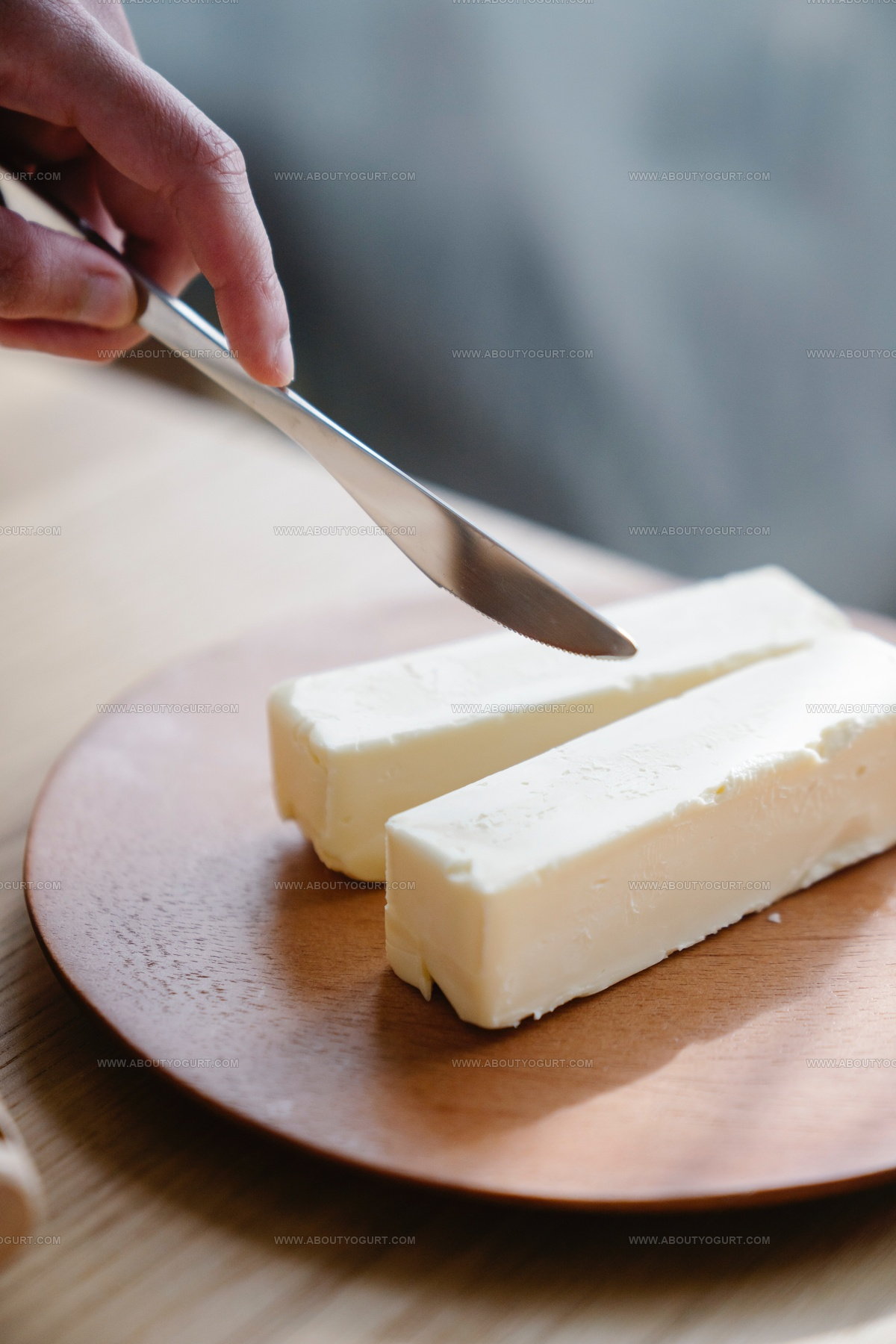

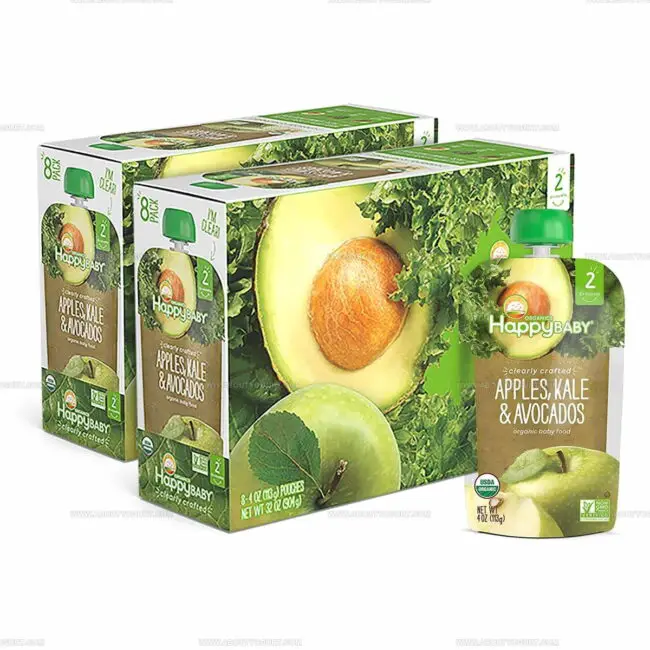
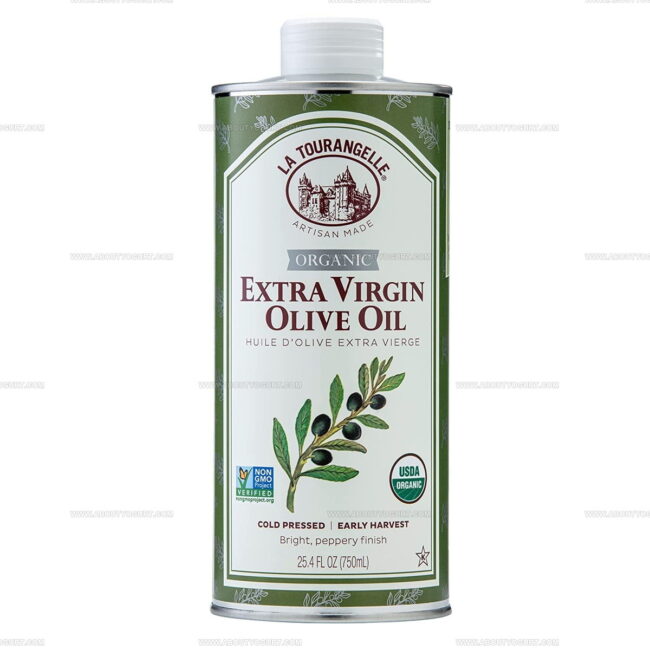
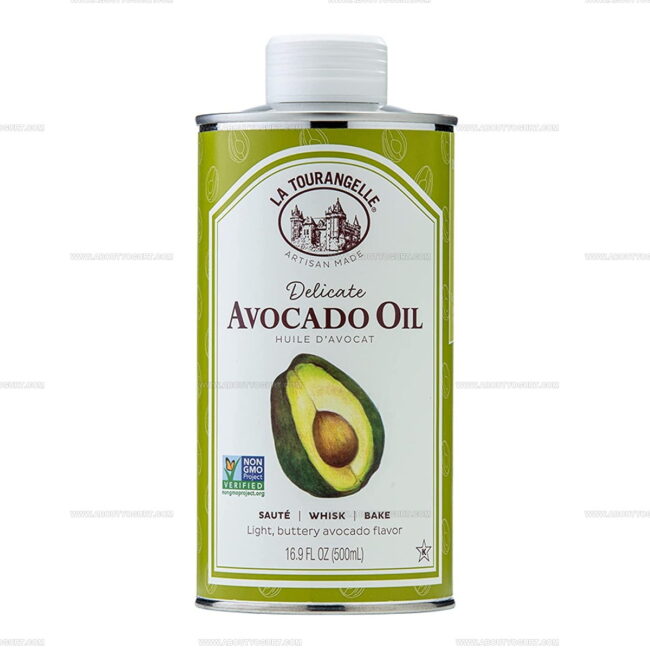
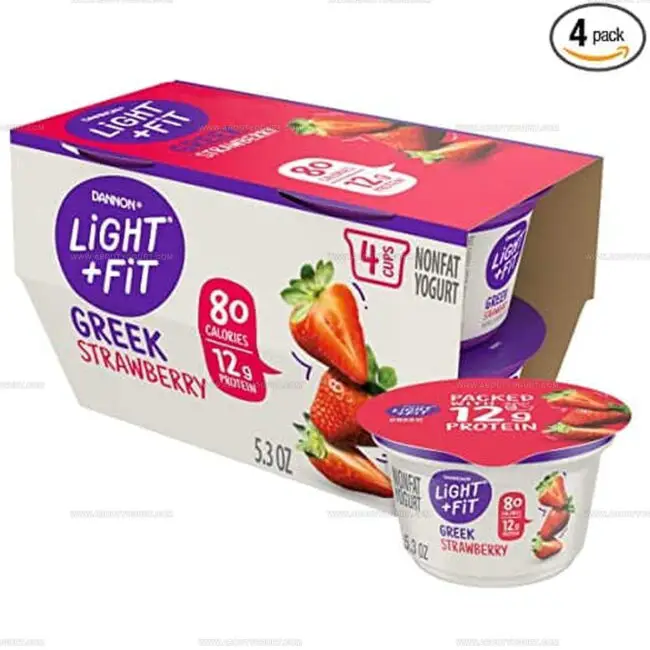
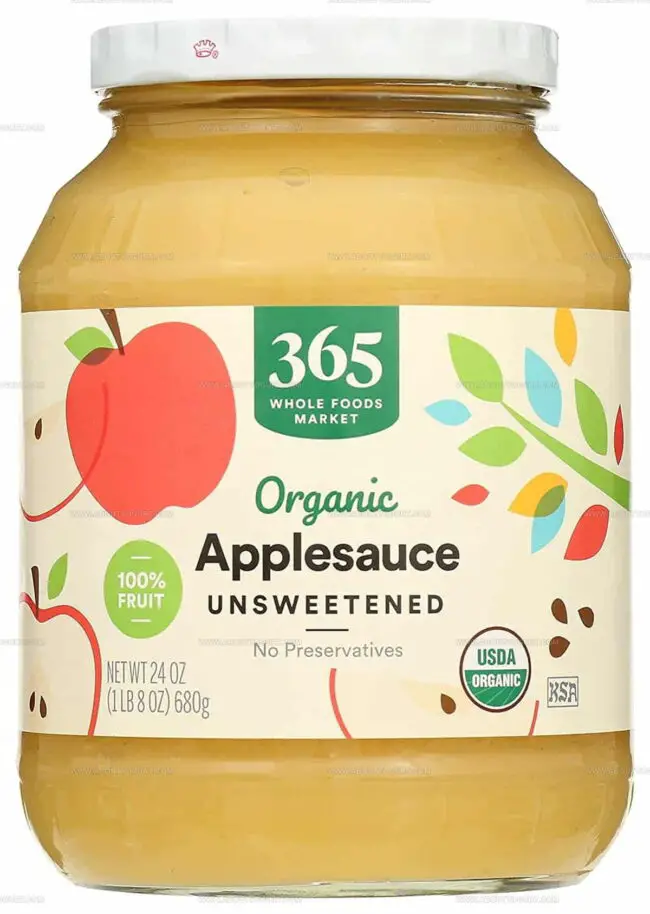
Sarah Mitchell
Content Specialist & Home Cooking Enthusiast
Expertise
Education
Asheville-Buncombe Technical Community College – Asheville, NC
American Fitness Professionals & Associates – Online
Sarah’s passion for food was sparked by weekend trips to the farmers’ market and her belief that healthy meals should never feel boring.
After earning her culinary diploma and becoming a certified Nutrition and Wellness Consultant, she set out to help others fall in love with simple, wholesome cooking.
She’s all about celebrating the small wins in the kitchen: a colorful yogurt bowl, a new twist on a classic dish, or a homemade snack that feels just a little extra special.
Outside the kitchen, Sarah is a gardener at heart, a yoga enthusiast, and a believer that fresh herbs can brighten any meal, and any day.